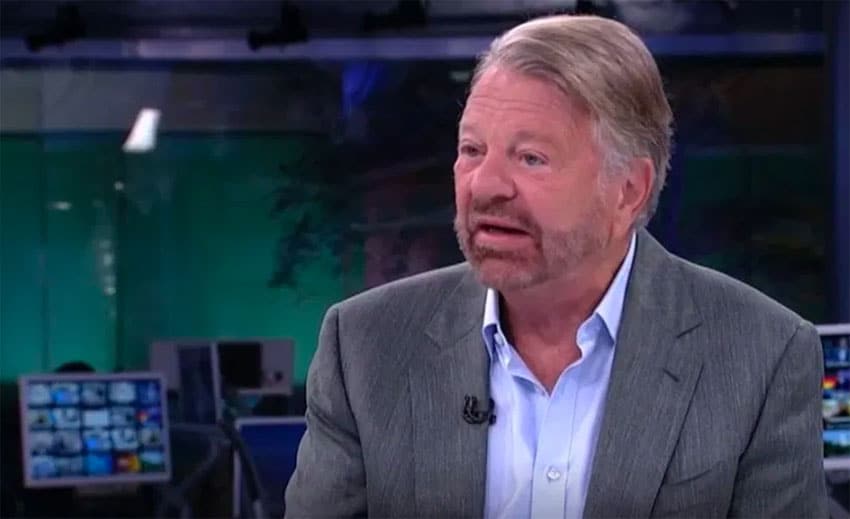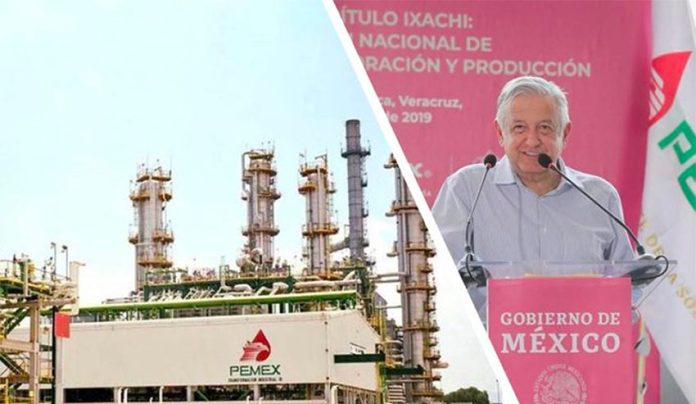Another meeting of world leaders is taking place this week and again President López Obrador will be conspicuous by his absence.
In June, López Obrador decided not to travel to Osaka, Japan, for the annual G20 leaders’ summit, declaring that he didn’t want to be drawn into a “direct confrontation” between the United States and China about their trade war.
Foreign Affairs Secretary Marcelo Ebrard and then finance secretary Carlos Urzúa represented Mexico in the president’s stead.
On Monday, as world leaders spent the day at the United Nations Climate Action Summit in New York promising to ban coal and cut emissions, López Obrador held his regular early morning news conference in Mexico City where he touted an increase in capacity of the nation’s oil refineries and showed off a new app that consumers can use to find the cheapest gas stations in the country.
The annual United Nations General Assembly opened in the Big Apple on Tuesday and will run through until Friday but AMLO, as the president is commonly known, won’t be making an appearance at that either. Once again, Ebrard will step in for López Obrador.
The president says he is too busy attending to national matters to travel abroad and frequently quips that “the best foreign policy is domestic policy.”
In fact, AMLO hasn’t left the country at all since he took office last December and the only leaders with whom he has met are the presidents of a few Central American countries.
All of those meetings, such as that with El Salvador President Nayib Bukele in Chiapas in June, were in southern states.
López Obrador has not yet had a face-to-face meeting with United States President Donald Trump although he has spoken to his counterpart via telephone, most recently on September 11.
Stay-at-home diplomacy, however, falls short of what is required of a president, according to the director of the Center for U.S.-Mexican Studies at the University of California, San Diego.
“For him not to travel leaves us missing a lot of international opportunities,” Rafael Fernández de Castro, who was previously a foreign policy advisor to former president Felipe Calderón, told National Public Radio.

“He’s losing opportunities because leaders talk to leaders, not to someone sent to talk to them. It’s not the same,” he added.
Jorge Castañeda, secretary of foreign affairs for the first two years of the government of former president Vicente Fox, pointed out that López Obrador’s opportunities to meet with other leaders have also been limited by a lower than usual number of visits to Mexico by foreign dignitaries.
“This is new for Mexico. Normally you’ll see at least 10 visits to Mexico by foreign dignitaries in the first year of a government,” he said.
“Over a whole administration, this means fewer businessmen come, foreign press, tourism officials. We hurt our good image in the world,” Castañeda added.
Now a professor at New York University, Castañeda contended that López Obrador is uncomfortable in international settings because he doesn’t speak English and, more importantly, because he lacks a foreign policy.
The president – who has adopted a policy of non-intervention in the affairs of foreign countries – has said that he is open to traveling to the United States to meet with Trump, with whom he has developed a cordial relationship, but only if there is a valid reason or something to announce.
The president has pledged not to engage in “political tourism” and shortly after he took office he put the luxurious presidential plane up for sale, choosing instead to fly commercial when he travels long distances within Mexico. López Obrador has also cut by half the daily travel expense allowances afforded to government officials.
“There can’t be a rich government with a poor people,” he often says when lauding his government’s austerity measures.
Source: NPR (en)
